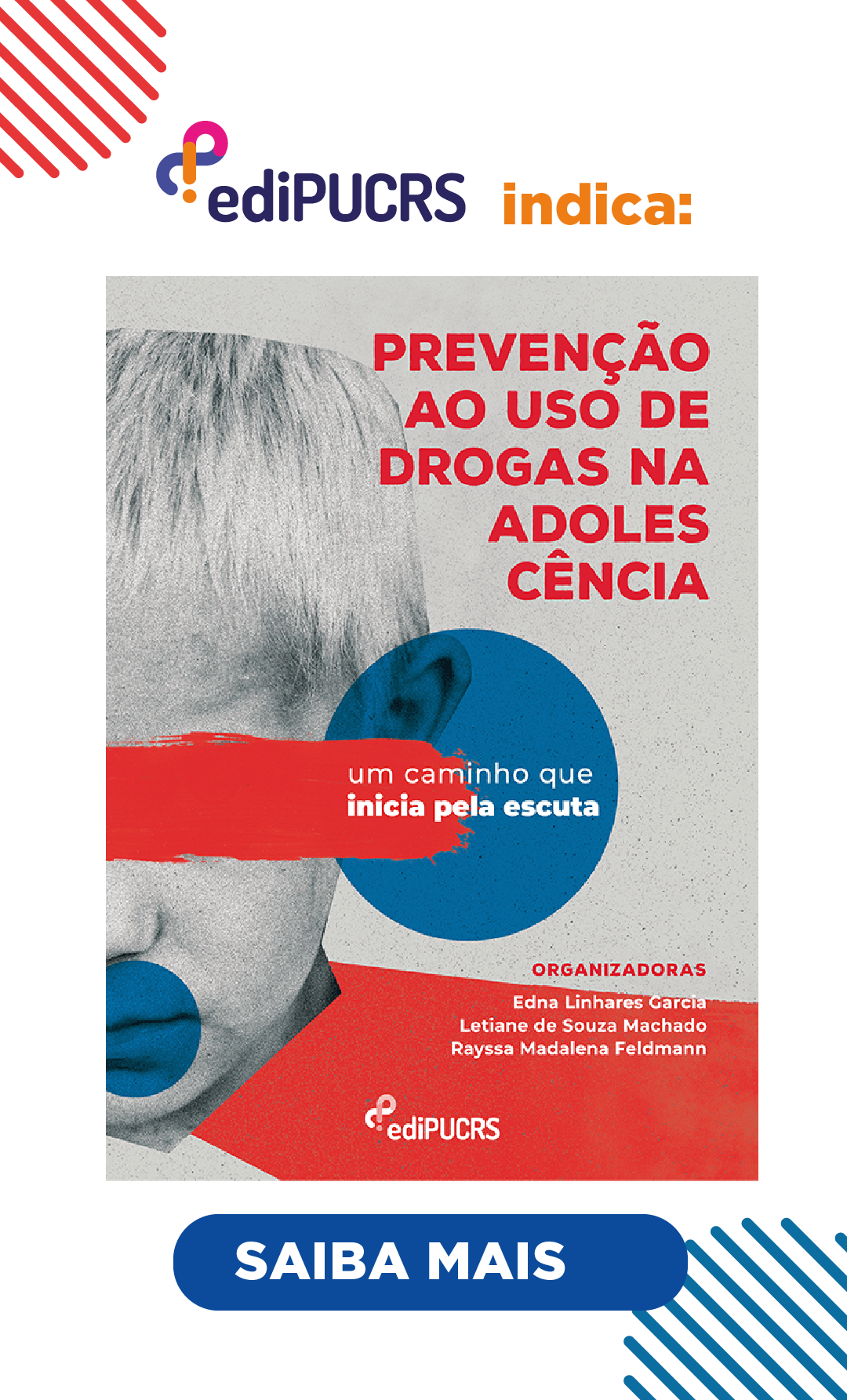Breaking the silence and the photovoice
an innovative approach in Environmental Social Work
DOI:
https://doi.org/10.15448/2178-5694.2024.1.45827Keywords:
Human Rights, photovoice, Environmental Social WorkAbstract
This article aims to relate Environmental Social Work, climate change and photovoice. Its goal is to address the essential issues, using the participatory action research methodology, photovoice. This approach aims to empower students for their participation in cultural learning community. It is worth noting the current ecological crisis that affects us all at various levels such as health, food production, security, employment and access to natural resources, especially for stigmatized societies. Authors such as Dominelli e Nikku (2018), Iamamoto (2003), Ramsay and Boddy (2017), and others are cited to explain the discussion about the responsibility of the Social Work professional in this context. It is important to highlight the action of developed countries in the emission of greenhouse gases and the importance of commitment to the Sustainable Development Goals and Human Rights. The photovoice methodology is central to the work of Social Workers in the development of policies, in the use of digital media that can strengthen social support and interaction between the professional and the user.
Downloads
References
APSS (Associação de Profissionais de Serviço Social). 2018. Código Deontológico dos Assistentes Sociais em Portugal. Lisboa: APSS.
Chigangaidze, Robert. 2023. “The environment has rights: Eco-spiritual social work through ubuntu philosophy and Pachamama: A commentary.” International Social Work 66 (4): 1059-1063. https://doi.org/10.1177/00208728211056367.
Dominelli, Lena e Bala Raju Nikku. 2018. Green Social Work in Theory and pratice from: The Routledge Handbook of Green Social Work. London: Routledge.
Dominelli, Lena. 2011. “Climate change: social workers' roles and contributions to policy debates and interventions.” International Journal of Social Welfare 20 (4): 430-38. https://doi.org/10.1111/j.1468-2397.2011.00795.x.
Iberdrola. 2021. “Galán a Al Gore: ‘É urgente agir contra as mudanças climáticas. Não resta tempo e é tarefa de todos’.” https://www.iberdrola.com/sala-comunicacao/noticia/detalhe/ galan-al-gore-urgente-agir-mudancas-climaticas.
Iamamoto, Marilda Villela. 2003. Renovação e conservadorismo no serviço social. São Paulo: Cortez.
Jafry, Tahseen, ed. 2018. Routledge Handbook of Climate Justice. Oxon: Routledge. https://www.taylorfrancis.com/books/edit/10.4324/9781315537689/routledge-handbook-climate-justice-tahseen-jafry.
Jones, Peter. 2012. “Green Social Work: From Environmental Crises to Environmental Justice.” British Journal of Social Work 42 (8): 1636-1637. https://doi.org/10.1093/bjsw/ bcs191.
Marques, Eduardo e Adriana Schmitt. 2021. “O Serviço Social Ambiental: compromisso com os objetivos do desenvolvimento sustentável e a defesa do meio ambiente enquanto direito humano.” Katálysis 24 (3): 607-616. https://doi.org/10.1590/1982-0259.2021.e79661.
Marques, Eduardo e José Morán-Carrillo. 2023. “Photovoice como práctica pedagógica emancipadora en la formación de trabajadoras/es sociales.” In Trabajo social en la sociedad contemporánea Ética, cuidado y digitalización, editado por Francisco Rigla, Joan Vázquez, Elena Montalvà e Jorge Ferrer, 795-814. Valencia: Tirant lo Blanch.
Marques, Eduardo, José Luis Fernández-Pacheco Sáez e Mieko Yoshihama. 2023. Photovoice in the time of digital social work. In The Routledge international handbook of digital social work, editado por A. Peláez e G. Kirwan, 36-45. New York: Routledge.
Minayo, Maria Cecília de S. e Odécio Sanches. 1993. “Quantitativo-qualitativo: Oposição ou complementaridade?” Cadernos de Saúde Pública, 9(3), 239-262. https://www.scielo.br/j/csp/a/ Bgpmz7T7cNv8K9Hg4J9fJDb/?format=pdf&lang=pt.
Molloy, Jennifer. 2008. “Photovoice as a Tool for Social Justice Workers.” Journal of Progessive Human Services 18 (2): 39-55. https://doi.org/10.1300/J059v18n02_04.
Moreira, Inês. 2013. “Serviço social e meio ambiente: a contribuição do assistente social em programa de aceleração do crescimento – PAC.” Tese de Doutorado, Universidade Estadual Paulista. https://www.franca.unesp.br/Home/Pos-graduacao/ServicoSocial/ines-da-silva-moreira.pdf.
Moura, Inês e Vania Baldi. 2016. Os “olhares” de um grupo de crianças sobre o seu bairro através da prática de Photovoice. Trabalho apresentado no Colóquio Internacional Crianças, cidade e cidadania, Guimarães, Braga, Portugal, março 2016. https://www.yumpu.com/pt/ document/view/56756389/livro-atas#google_vignette.
Närhi, Kati e Aila Leena Matthies. 2016. “Conceptual and historical analysis of ecological social work” In Ecological social work. Towards sustainability, editado por Jennifer McKinnon e Margaret Alston, 21-38. Londres: Palgrave Macmillan. https://www.researchgate.net/profile/ Aila-Leena-Matthies/publication/318591304_Conceptual_and_Historical_Analysis_of_ Ecological_Social_Work/links/5d480f8a299bf1995b665a71/Conceptual-and-Historical-Analysis-of-Ecological-Social-Work.pdf.
Parks, Bradley e J. Timmons Roberts. 2010. “Climate change and global environmental justice.” MIT Press 27 (2-3): 134-166.
Peabody, Carolyn. 2013. “Using Photovoice as a Tool to Engage Social Work Students in Social Justice.” Journal of Teaching in Social Work 33 (3): 251-265. https://doi.org/10.1080/ 08841233.2013.795922.
Peeters, Jef. 2011. “The place of social work in sustainable development: Towards ecosocial practice.” International Journal of Social Welfare 21 (3): 287-298. https://doi.org/10.1111/ j.1468-2397.2011.00856.x.
Ramsay, Sylvia e Jennifer Boddy. 2017. “Environmental Social Work: A Concept Analysis.” British Journal of Social Work 47 (1): 68-86. https://doi.org/10.1093/bjsw/bcw078.
Reamer, Frederic G. 2013. “Social work in a digital age: Ethical and risk-management challenges.” Social Work 58 (2): 163–172. https://psycnet.apa.org/doi/10.1093/sw/swt003.
Rocha, Helena. 2016. Serviço Social e ambiente: A sustentabilidade ecológica das comunidades socialmente vulneráveis. Tese de Doutorado, Instituto Universitário de Lisboa. http://hdl.handle.net/10071/11964.
Sáez, José Luis Fernández-Pacheco, Irina Rasskin Gutman, Eduardo Marques, e Mieko Yoshihama. 2022. “(Digital) PhotoVoice y su papel en el Desarrollo Comunitario y la construcción de la identidad colectiva: hacia una ciudadanía crítica y participativa a través de la educación.” REALIA (28): 1-14. https://doi.org/10.7203/realia.28.21795.
Souza, Daniel Meirinho. 2017. O olhar por diferentes lentes: o photovoice enquanto método científico participativo. Discursos fotográficos, 13 (23), 261-290. https://doi.org/10.5433/1984-7939.2017v13n23p261.
Turismo de Portugal. 2017. Estratégia Turismo 2027. Portugal: Partners.
Turismo de Portugal. 2021. Plano Turismo +Sustentável 20-23. Portugal: Direção de apoio à venda.
Wang, Caroline e Mary Burris. 1997. “Photovoice: concept, methodology, and use for participatory needs assessment.” Health Education and Behavior 24 (3): 369-387. https://doi.org/10.1177/109019819702400309.
Wang, Caroline. 2006. “Youth participation in photovoice as a strategy for community change.” Journal of Community Practice 14 (1–2): 147-161. https://doi.org/10.1300/J125v14n01_09.
Downloads
Published
How to Cite
Issue
Section
License
Copyright (c) 2024 Conversas & Controvérsias

This work is licensed under a Creative Commons Attribution 4.0 International License.
Copyright
The submission of originals to Conversas & Controvérsias implies the transfer by the authors of the right for publication. Authors retain copyright and grant the journal right of first publication. If the authors wish to include the same data into another publication, they must cite Conversas & Controvérsias as the site of original publication.
Creative Commons License
Except where otherwise specified, material published in this journal is licensed under a Creative Commons Attribution 4.0 International license, which allows unrestricted use, distribution and reproduction in any medium, provided the original publication is correctly cited.





